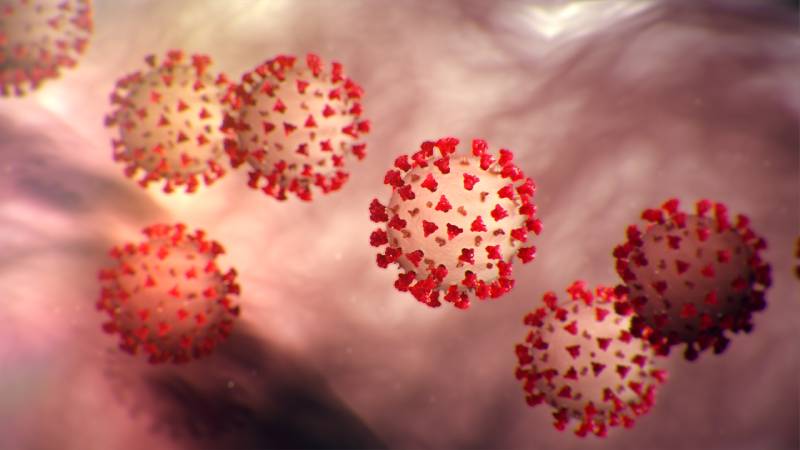
The government is working round the clock to put structures in place to handle the coronavirus disease despite having a six-week head-start, prior to the virus coming in, since it was declared a public health emergency of international concern.
That Kenya’s health system can handle mild cases of coronavirus is not in doubt. But as in any public emergency, the capacity of the system to handle the worst-case scenarios is the true test of preparedness.
The Kenya Society of Anaesthesiologists (KSA) is concerned about the country’s capacity to manage a severe form of the coronavirus disease if, and when, it comes to it. “The US has a capacity of 45,000 critical care beds but they are panicking, what about us?” Dr Isaac Adembesa, KSA treasurer asks, with no immediate answer.
The World Health Organisation (WHO) recommends one ICU bed for every 50-ward beds in any hospital facility. That is on the assumption that the hospital patients would utilise these beds, with no referrals from outside the facility.
Italy and China, countries relatively capable of handling such public health emergencies, were overwhelmed at the peak of the infectious disease.
“It’s not just a bed that is required,” Adembesa explains, “but at the very least, a ventilator and monitors in addition to well trained staff.” An ideal ICU should have at least one nurse for every bed. Kenya experiences a shortage of nurses due to brain drain, and a few of the remaining ones are not all critical care nurses.
Managed Equipment
180 consultant anaesthesiologists are also too few for a population of 47.5 million Kenyans. At least four consultants and eight medical officers are required to man an ICU for 24 hours, seven days a week, numbers we currently do not have.
“The Managed Equipment Services was a good idea, to develop two ICU units per county, but nobody thought about staffing,” Andembesa explains one of the issues that has been a constant baggage for the Ministry of Health.
Some of the equipment that would have come in handy in light of this pandemic lie idle and unused by the counties. Countries that manufacture some of these equipment are giving their own hospitals the first priority, before considering sale to other countries in need of the same as they set up their facilities in readiness for the outbreak.
With the current travel restrictions globally by different countries, the anaesthesiologists are also concerned that even if the country was to acquire the equipment, how would they be shipped in? In addition to ICU capacity, diagnostic capability is another key area to confirm any suspected coronavirus disease in the country.
According to insiders, Kenya has about 200 diagnostic kits currently at the National Influenza Centre and Kemri. The country however expects to receive 1,000 more kits.
In a press briefing to update the world on the coronavirus disease pandemic, Dr Tedros Adhanom, WHO’s Director General, said that 1.5 million diagnostic kits will be supplied to 120 countries across the world.
 The Standard Group Plc is a multi-media organization with investments in media
platforms spanning newspaper print
operations, television, radio broadcasting, digital and online services. The
Standard Group is recognized as a
leading multi-media house in Kenya with a key influence in matters of national
and international interest.
The Standard Group Plc is a multi-media organization with investments in media
platforms spanning newspaper print
operations, television, radio broadcasting, digital and online services. The
Standard Group is recognized as a
leading multi-media house in Kenya with a key influence in matters of national
and international interest.











